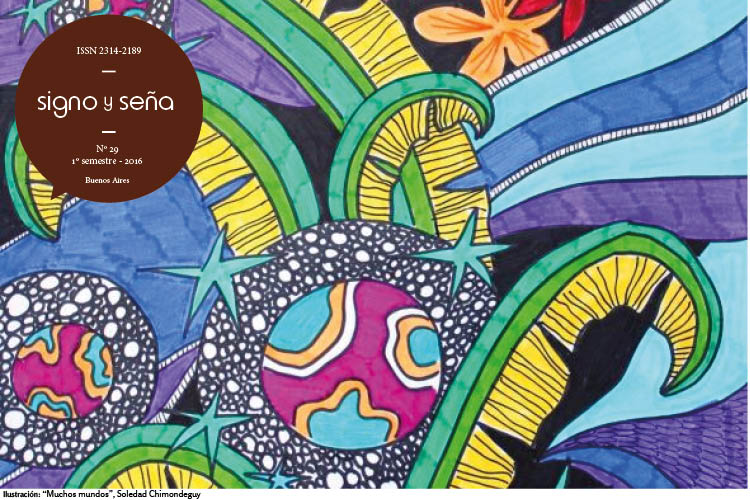Quando os falantes nativos são os professores, os professores são pesquisadores, e os linguistas são parceiros
Keywords:
collaborative research, kaingang language, native researchers
Abstract
In recent decades I have participated, as a linguist, in several actions related to indigenous teacher training and consultancy in indigenous education programs, directly with their teachers. I have worked especially in programs and schools of the Kaingang nation. I have experienced the practice of collaborative research with native speakers of the language in all these actions, and at the same time I have tried to promote the training of indigenous teachers as native researchers. Indeed, this training includes not only teachers, once in the workshops we do is crucial the presence of older native speakers, so that some of them, as genuine indigenous intellectuals, take full advantage from such moments of study. In this text, I put emphasis on ethical and scientific achievements obtained with this type of collaboration (which is exemplified by the “discovery” of a grammatical category of gender in the Kaingang language), with easily deducible consequences regarding the quality of school education in indigenous communities, especially as a contribution to strengthening and revitalizing their languages.Downloads
Download data is not yet available.
How to Cite
D’Angelis, W. R. (1). Quando os falantes nativos são os professores, os professores são pesquisadores, e os linguistas são parceiros. Signo & Seña, (29), 63-77. https://doi.org/10.34096/sys.n29.2806
Issue
Section
Dossier. Bilingual / multilingual speakers and educational practices: ethnographic and interactionist perspectives
- Authors keep the copyright and give the journal the right of the first publication, with the work registered with the Creative Commons Attribution-ShareAlike 4.0 International License, which allows third parties to use what is published whenever they mention the authorship of the work and the first publication in this magazine.
- Authors can make other independent and additional contractual agreements for the non-exclusive distribution of the article published in this journal (eg, include it in an institutional repository or publish it in a book) as long as they clearly indicate that the work It was published for the first time in this magazine.
- Authors are allowed and recommended to publish their work on the Internet (for example on institutional or personal pages).

















